CAPE TOWN – Mashudu Mashau says it takes about two minutes to catch a penguin, a task he undertakes every week to investigate incidents of injured or sick seabirds.
“We don’t rush… we get down, sometimes we crawl, so we don’t look threatening, and when we get close, we aim for the head, grab it and save the penguin,” the 41-year-old ranger told AFP.
Sometimes, when penguins limp from South Africa’s beaches to nearby streets and hide under cars, it becomes a more difficult task.
“We have one case today. The animals were not easy to catch because they all went from one part to another (the car), but we managed to catch them,” said Mashau, who has dedicated the past eight years working to protect the penguin species.
After being caught and carefully placed in a cardboard box, the little furry animal was sent to a specialist hospital for treatment.
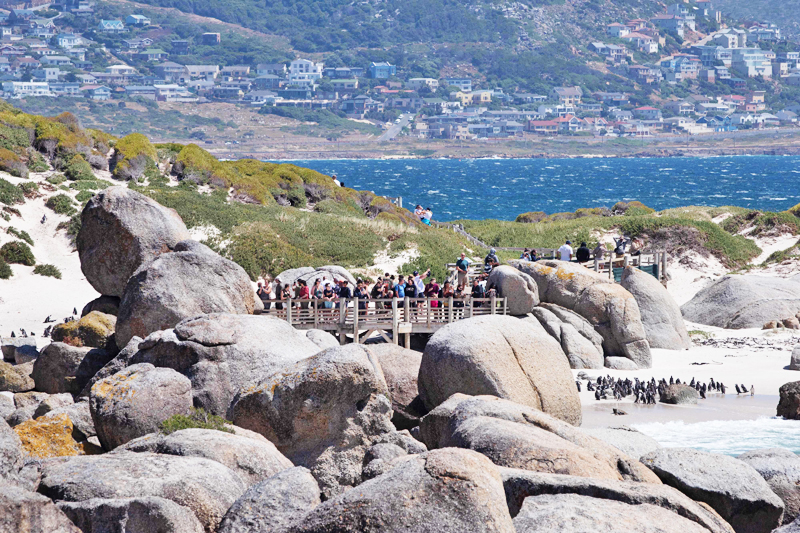
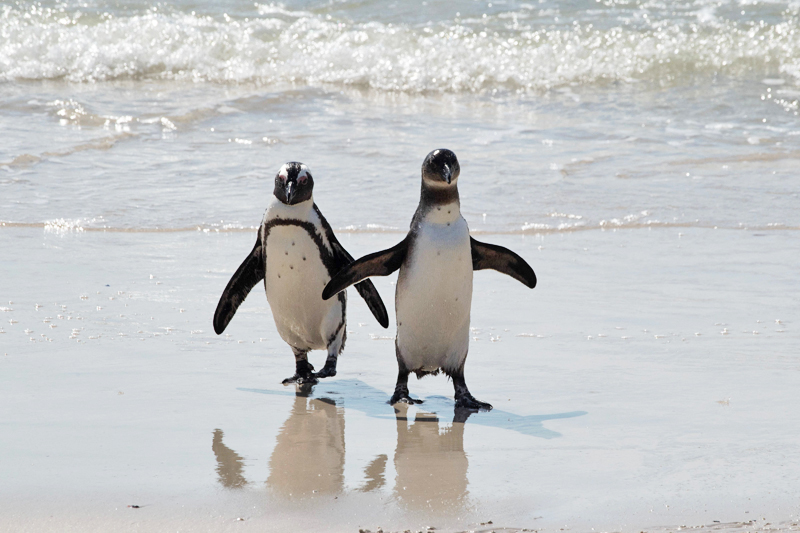
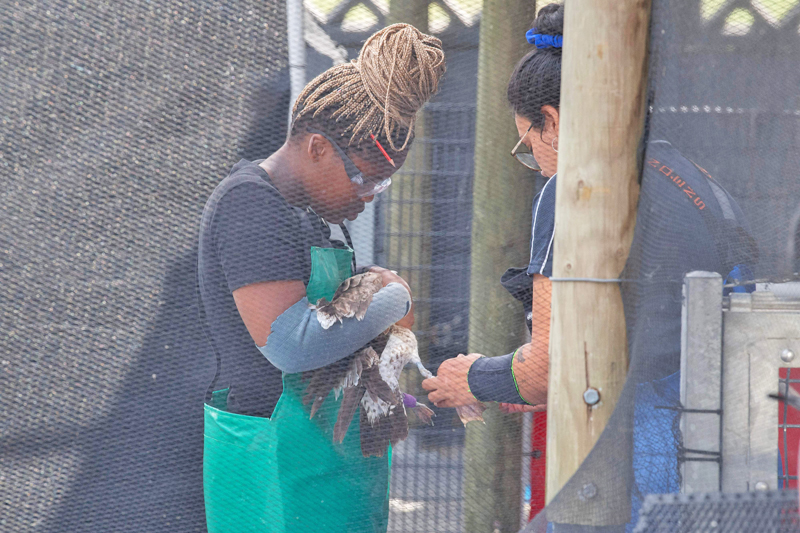
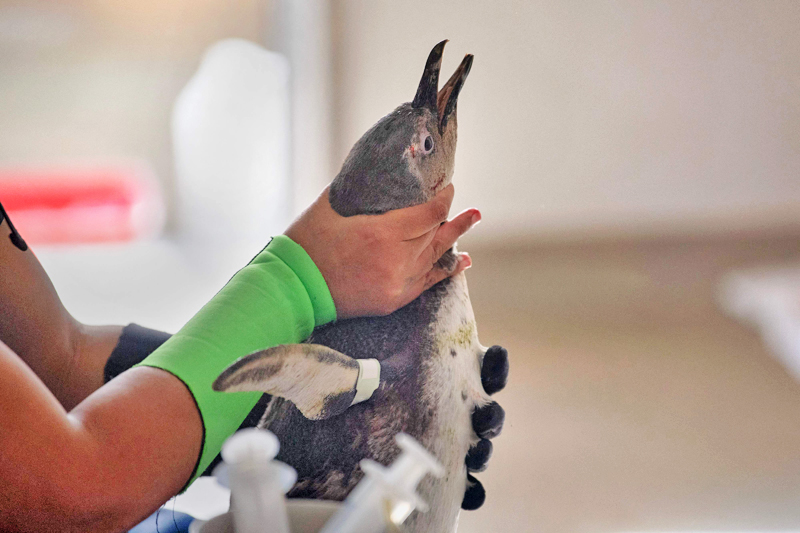
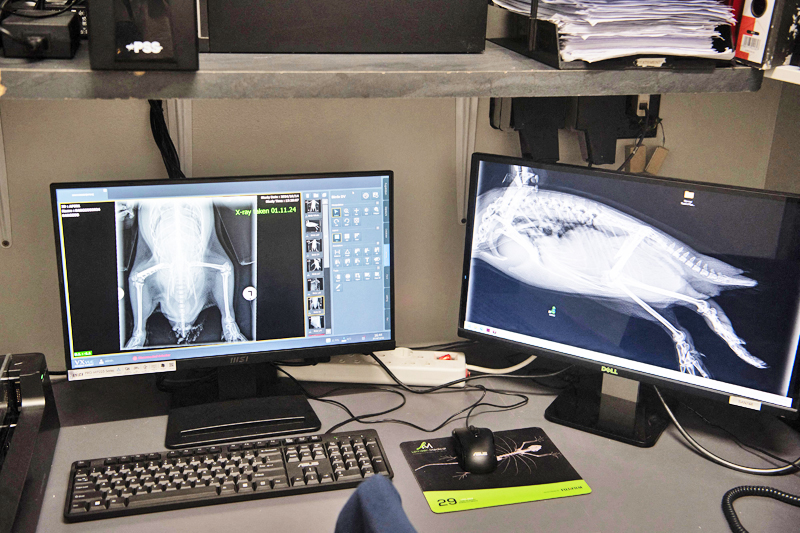
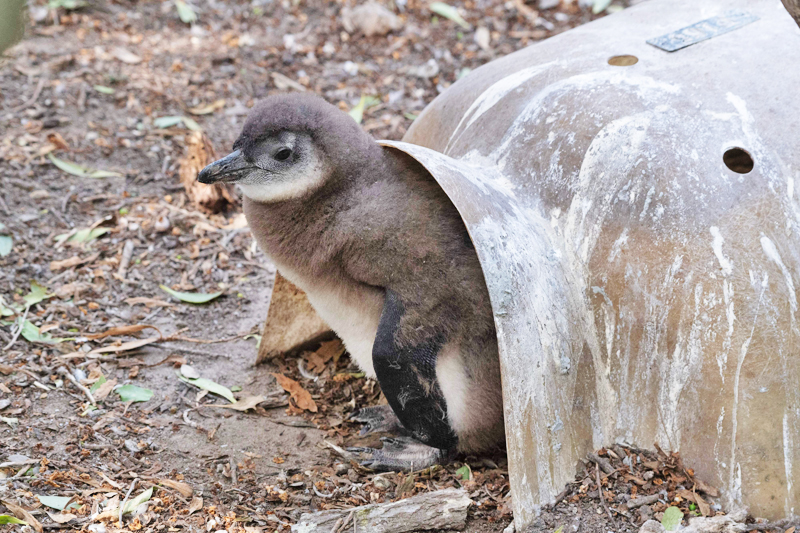
But conservationists and veterinarians fear their efforts are not enough to stop the African penguin population from declining, which was listed as critically endangered last month by the International Union for Conservation of Nature (IUCN).
“No matter how much we do, if there is not a healthy environment for the animal, our efforts are in vain,” said veterinarian David Roberts, who works at the South African Foundation for the Conservation of Shorebirds (SANCCOB) hospital.
Fewer than 10,000 pairs of penguins remain worldwide, mainly in South Africa, down from 42,500 in 1991, and the birds could become extinct in the wild by 2035, NGO BirdLife said.
‘FAMINE’ PENGUINS
The dwindling numbers are due to a combination of factors including food shortages, climate change, disturbances, predators, disease, oil spills and more.
But the biggest threat is nutrition, says Allison Kock, a marine biologist with South African National Parks.
“Many penguins are starving and don’t get enough food to breed,” he said AFP.
When penguins don’t eat enough, preferably sardines or anchovies, they have no tendency to breed.
Authorities have imposed a ban on commercial fishing around six penguin colonies for 10 years from January.
But SANCCOB and BirdLife say the no-fishing zone is not big enough to have a significant impact, and have sued the Environment Minister over the issue.
“Ideally we want more fish in the ocean but we cannot control it. All we can ask for is to limit direct competition for the remaining fish available between industrial fisheries and penguins,” SANCCOB research manager Katta Ludynia told AFP.
The South African Pelagic Fishing Industry Association says the impact of the fishing industry on penguin food sources is only a small part of the problem at hand.
“There are clearly other factors that are having a significant negative impact on the African Penguin population,” said chairman Mike Copeland.
The Environment Ministry has proposed a discussion group ‘to resolve complex issues,’ a spokesman said.
While a court hearing is scheduled for March 2025, the minister – who has only held the post since July – has called for a settlement to be reached out of court.
Apart from the no-fishing zone, many other initiatives are also underway to save African penguins, including artificial nests and new colonies.
TOURIST TRAFFIC
Being labeled ‘critically endangered’ can have both positive and negative effects.
While conservationists hope to gain attention and funding, it also makes the penguin issue more attractive to tourists who sometimes disturb the stars.
“Penguins are very vulnerable to threats… and the level of disturbance, for example people using selfie sticks, it’s becoming increasingly challenging,” Arne Purves, coastal conservation and compliance officer for Cape Town, told AFP.
“Especially since penguins are now more high-profile and a tourist attraction.”
Tourism is an important sector for South Africa and every year thousands of people visit the penguin colony, bringing in millions of dollars in profits.
For those on the front lines of saving the flightless black and white bird, like Mashau, the spotlight has been on for a long time.
“In the last five years, it was the rhinoceros… we hope we will get the same recognition now and the same help for the penguins,” he said.
It is also about environmental protection. “This is a species that is an indicator of a healthy ecosystem that humans are a part of… and the healthier the penguins, the more humans benefit,” he said. – AFP

